During my more ‘consumerist’ years, I remember arriving home from work to towers of cardboard boxes. Products I had bought to fill that emptiness we all feel when things are no longer satisfying or meaningful. The initial excitement of owning something new was always diligently followed by that toxic cocktail of guilt mixed with disgust. I’d look around my room, now strewn with the severed limbs of cardboard boxes and entrails of packing tape and styrofoam peanuts, and I’d scream on the inside.
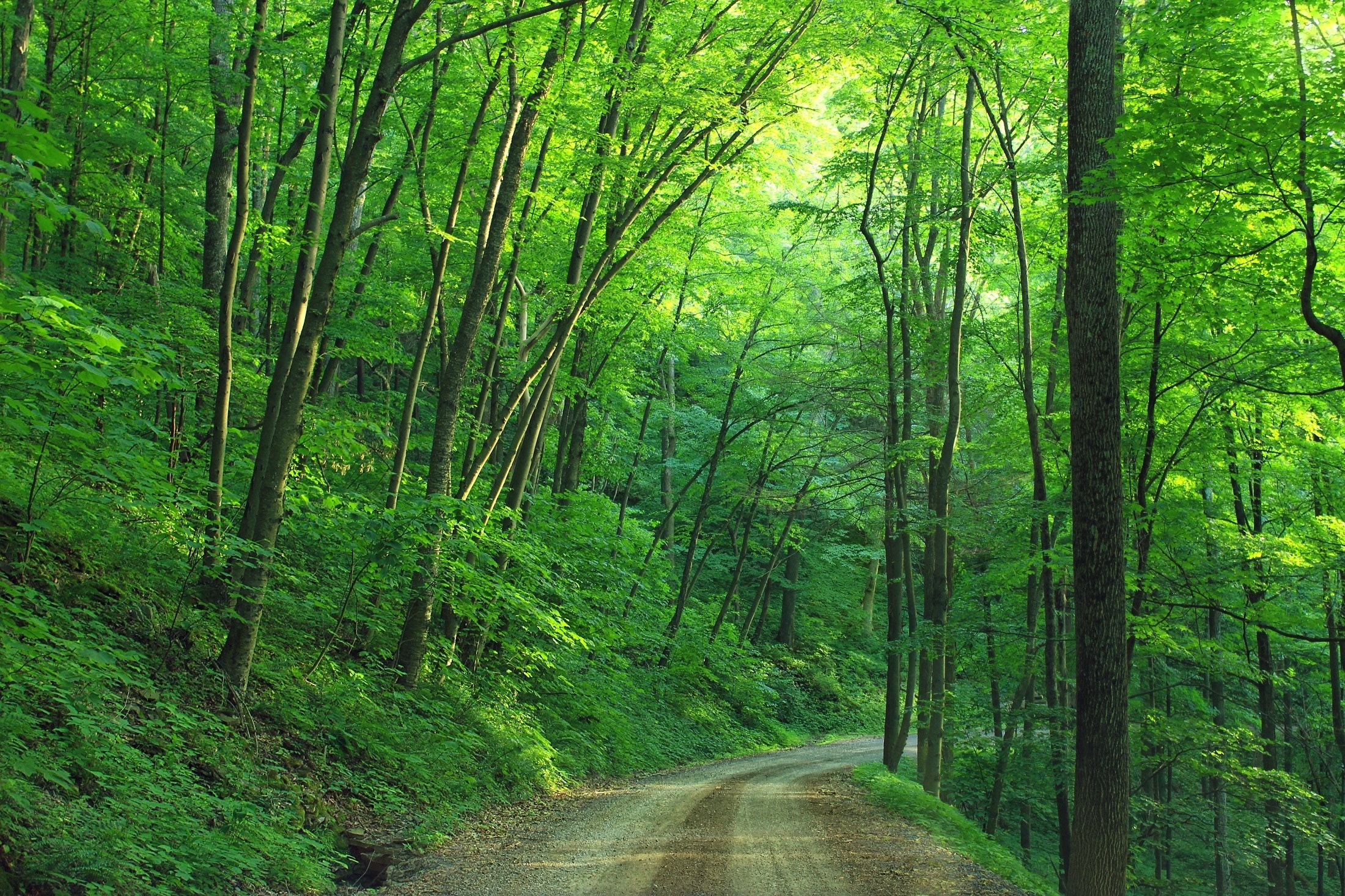
Sure enough, the next time I was shopping online there would be an environmentalist pop-up advert with grotesque images of dolphins tangled in those plastic nets the supermarkets use to package citrus fruits. Up comes the guilt vomit and I swallow it back down because the only cure society ever offered for my feelings of inadequacy was retail therapy and my feelings were more important than the dolphin.
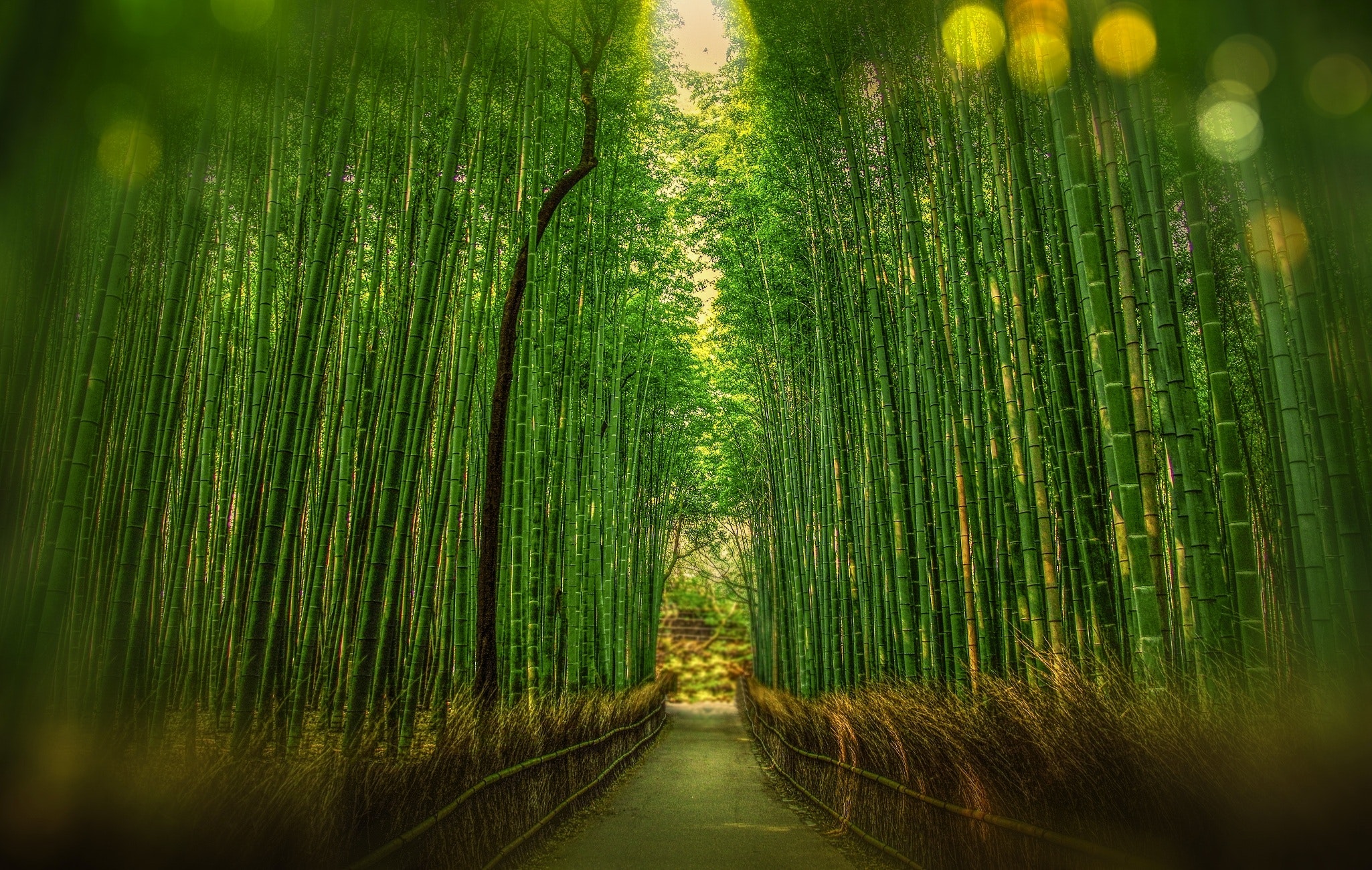
Comedian George Carlin once quipped ‘the earth has been through much worse than us…it probably thinks of plastic as being just another one of its children.’ Whether he was being sarcastic or ironic, we’ll never know (he’s dead now), but his perspective does force us to remember the following forgotten truths:
- The earth is billions of years old, we’re very young in comparison
- It’s dealt with natural disasters of unimaginable magnitudes
- It’ll probably be just fine without us
The problem with acknowledging these (slightly morbid) truths is that it’s easy to use them as justification for not caring. We can ignore the recycling requests from the local council, buy carrier bags every time we shop (my collection is very impressive) and purchase mountains of paraphernalia for every event we host without thinking about the consequences. 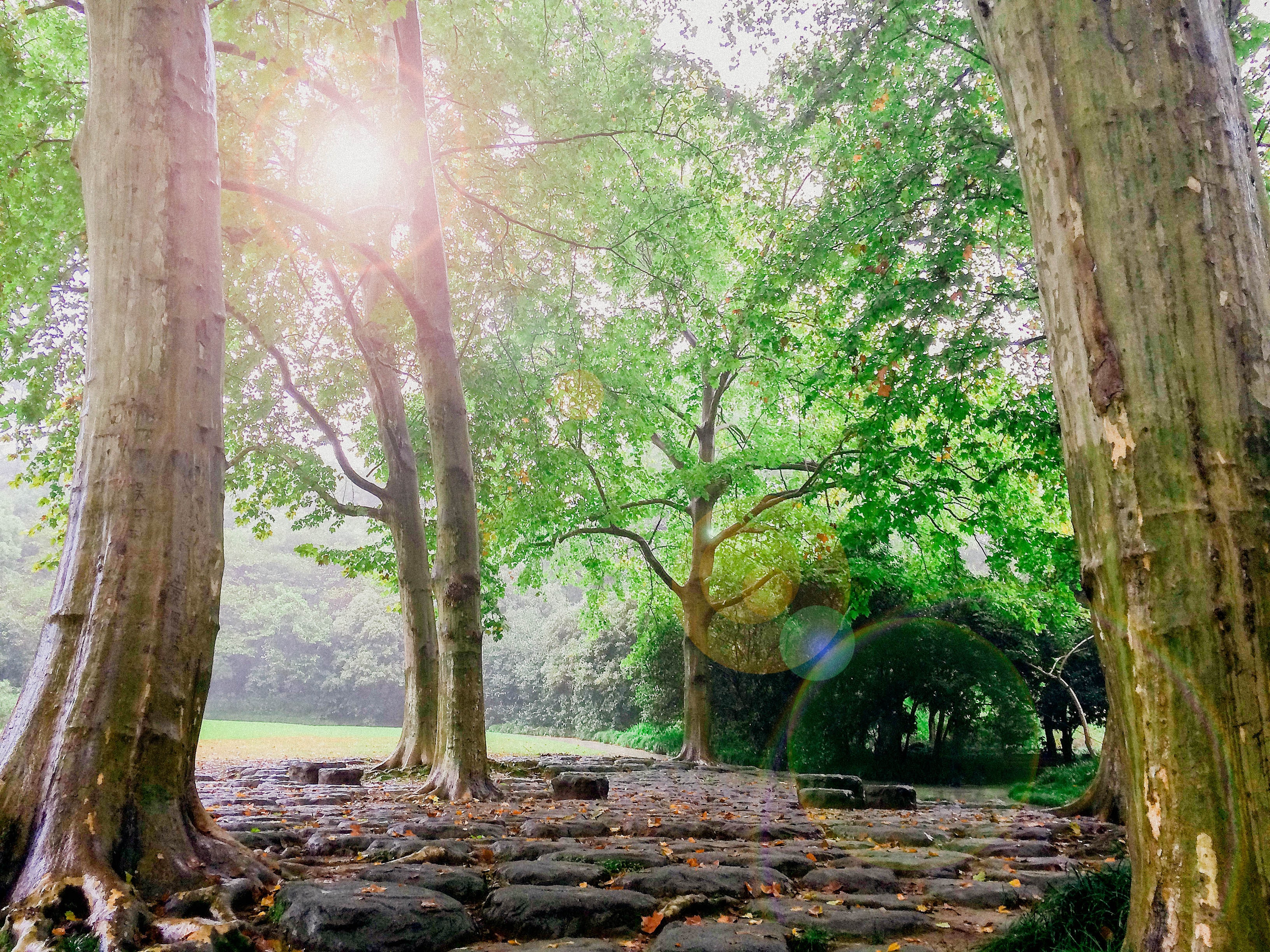
So where do we stand? Are we, with all our industrial activity and plastic production really a threat to the planet?
Honestly, we’ll never know. Regardless, it would be reckless to assume there would be no consequences at all. A First Nation Native American teaching states ‘We don’t inherit the earth, we borrow it from our children,’ and yet, we seem to be doing everything we can to ruin it.
Since the Industrial Revolution, humanity has suffered as a result of our ‘divorce from nature.’ Modern society (whilst having more material ‘comforts’) is the unhappiest of all known societies on earth. We work at an unsustainable, unnaturally fast pace for unholy lengths of time; eat awful food; take innumerable medications to mask our ailing selves then get to our deathbeds and wonder ‘What on earth was all that for?’
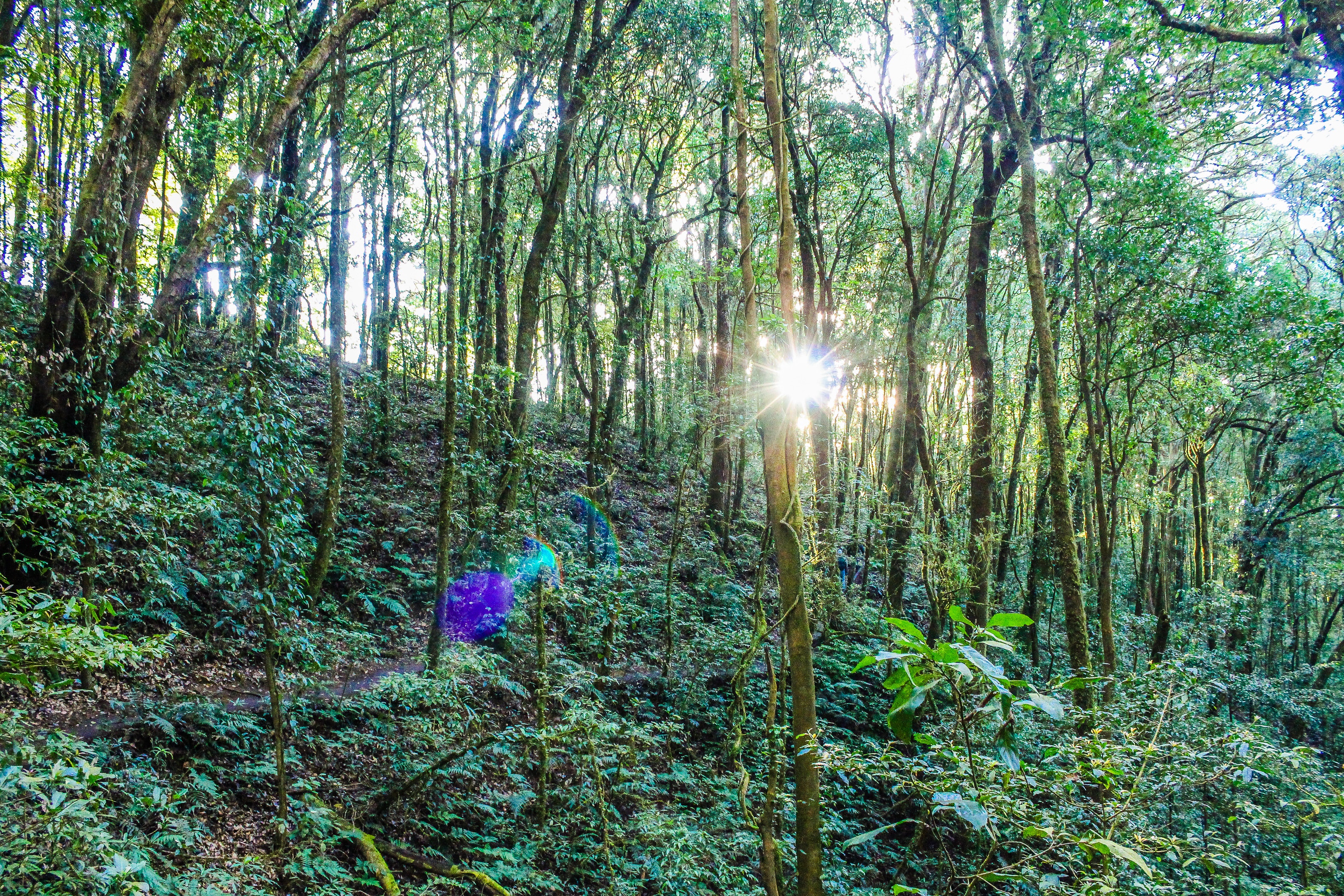
What we don’t seem to want to believe, is that nature has always and will always win. What we’ve forgotten is that we are just as much a part of nature as the aforementioned dolphin.
This might sound a little hippy-ish. I’m not suggesting all of Berkshire’s fine young ladies chain themselves to the shrubbery in Dinton Pastures; but there’s a lot to be said for being more conscious and deliberate when shopping or planning an event.
By buying less, there’s naturally less packaging to dispose of. By borrowing or recycling decoratives we can still create a beautiful setting without the stress of disposal or the guilt of clutter and we can save ourselves the torturous ‘morning after’ cleaning hysteria.
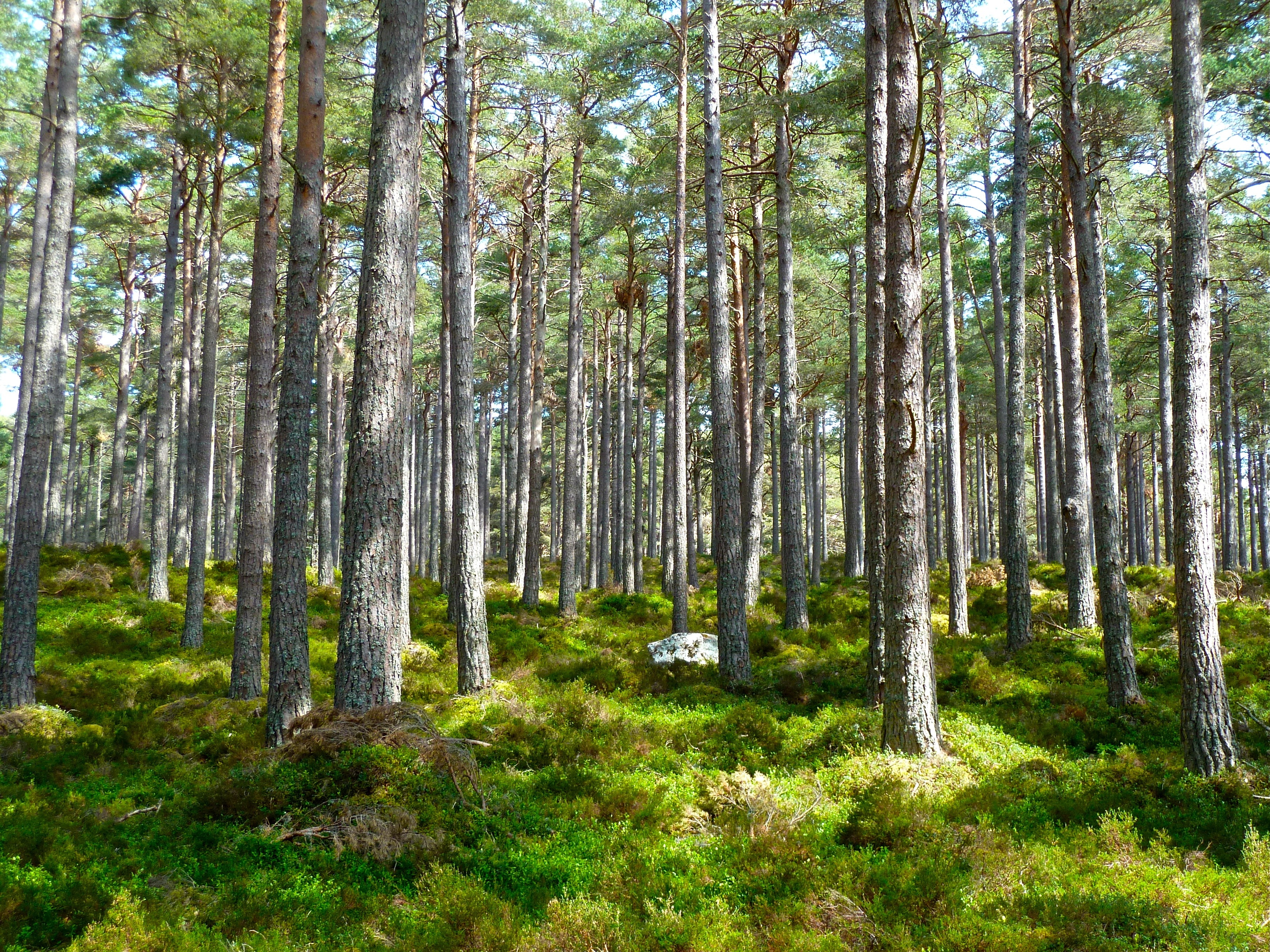
At least now when I come home, the most there is to be concerned about is an unmade bed or a pair of shoes that need putting away. I no longer have a plague of packaging to deal with or more stuff to find a place for. I have realised that my willingness to damage the planet is simply a manifestation of my willingness to damage myself, and I’m no longer willing to do that. The best part (aside from saving a sea-creature or two, of course)? It only takes 10 minutes to clean the bedroom from top to bottom, and (much to my mother’s disbelief) I absolutely love doing it!
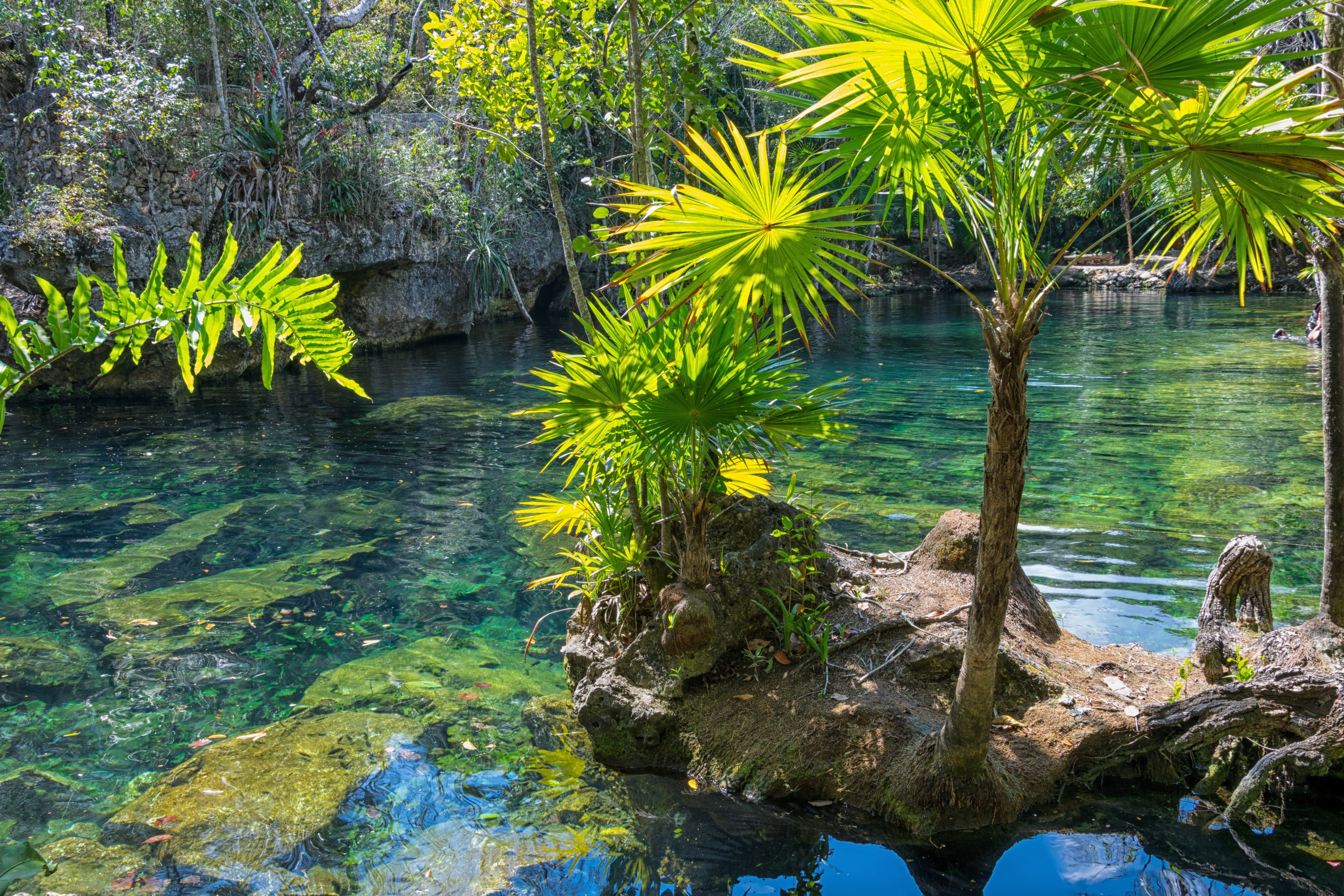
Recommended Reads:
Guarani Suicides (on mankind’s divorce from nature): https://www.survivalinternational.org/articles/3247-guarani-suicides-how-mankinds-divorce-from-nature-impacts-on-the-psyche
By Anup K.M. Jheeta

